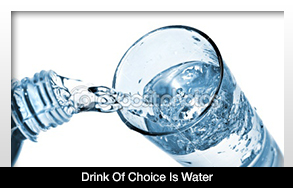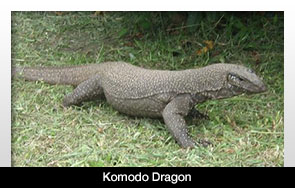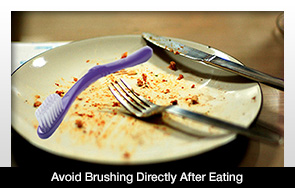Written by Dentistry TodayThursday, 07 June 2012 15:37

Breaking news: there is no downside to one’s health if a person’s drink of choice is water.
A study was conducted by a research team at the Harvard School of Public Health, however, to quantify the ways in which water was better than soft drinks. Women who consistently drink water instead of fizzy drinks have a much lower chance of developing diabetes. The goal of this study was determine the exact benefit of drinking water.
The researchers examined data from more than 83,000 women in the United States during a 12-year period.
The study looked at the diet and overall health of the women. About 2,700 ended up developing diabetes. Water consumption had no impact on diabetes but the study indicated that replacing one soft drink with water lowered the diabetes risk by about 7 to 8 percent.
The research, led by Dr. Frank Hsu, also showed that unsweetened tea and coffee are healthier choices then soft drinks or energy drinks.
The study appeared in the American Journal of Clinical Nutrition.

